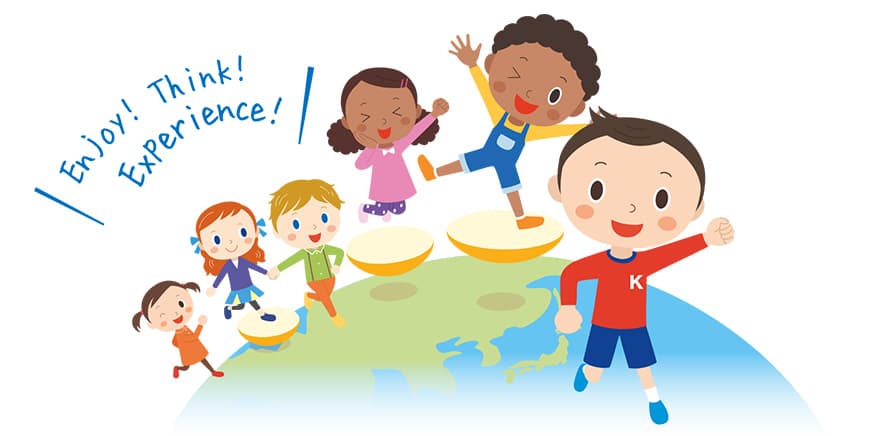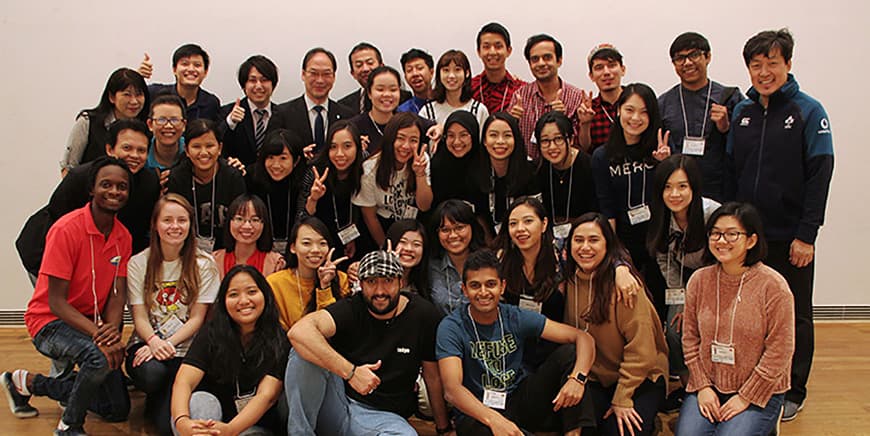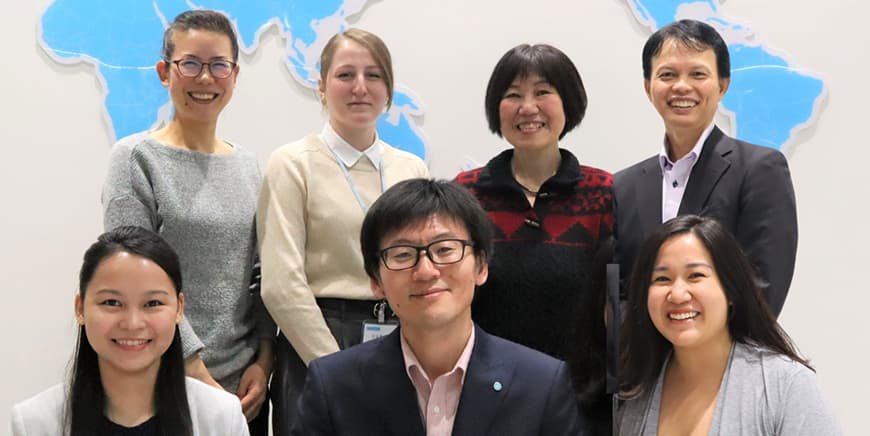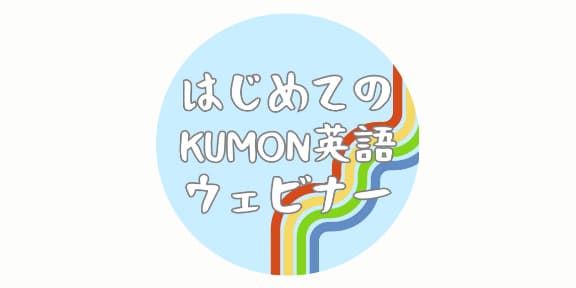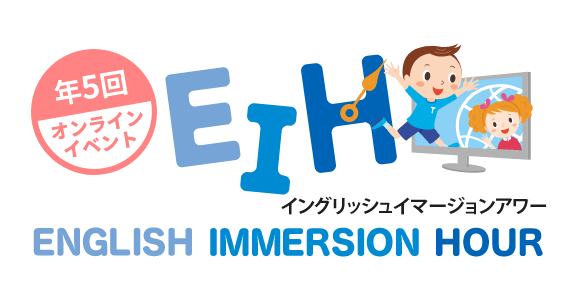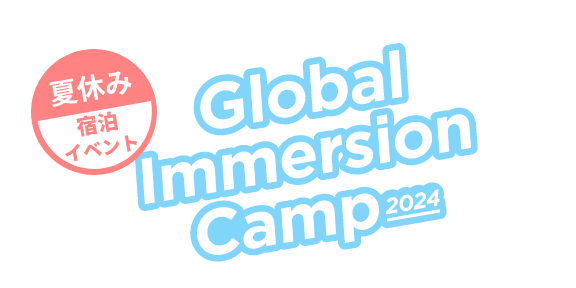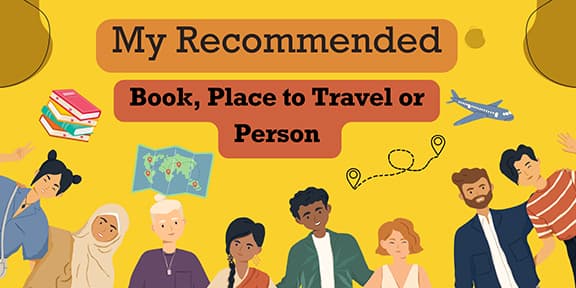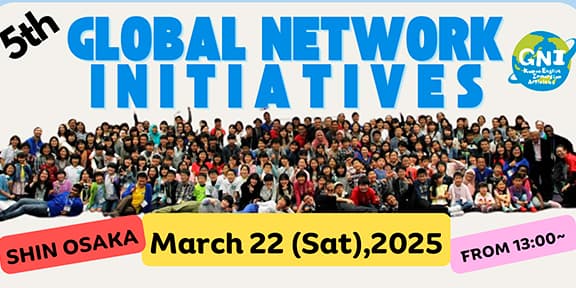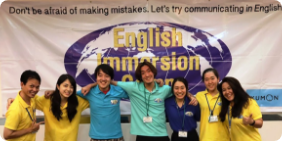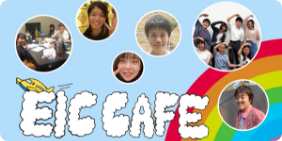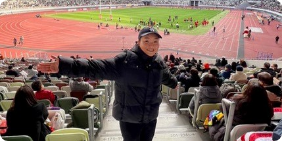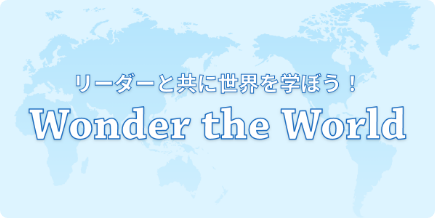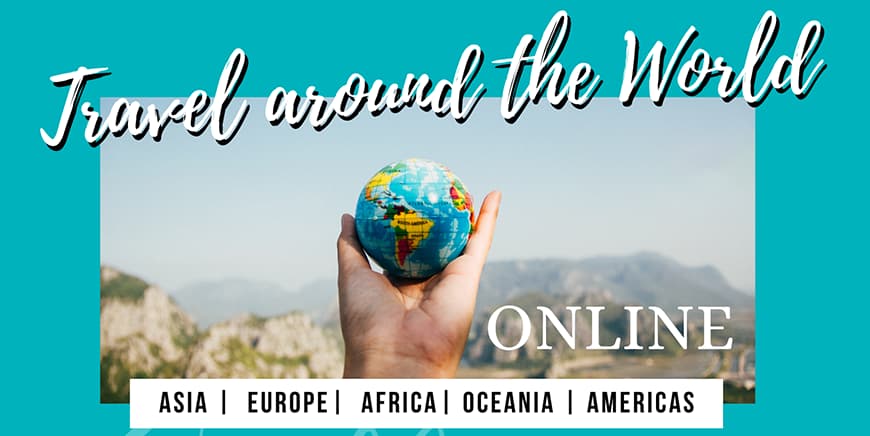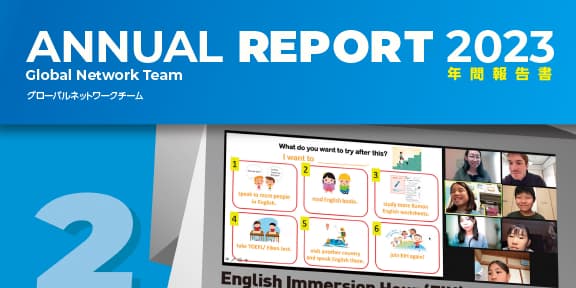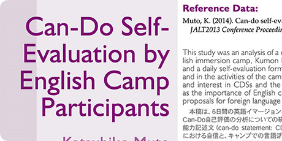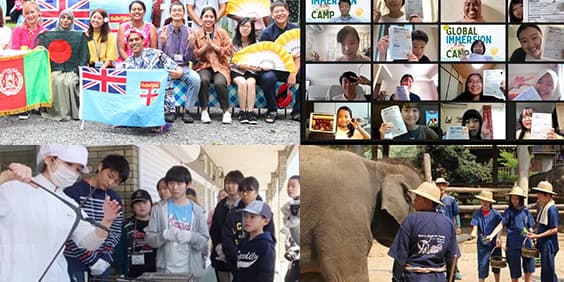レポート
Wonder the World Vol.3: “What does it mean to be a Global Citizen?”(グローバルシティズンってなんだろう?)
ケイ(ミャンマー出身)
立命館アジア太平洋大学(APU)で国際関係や平和について学ぶ。現在、世界が発展するための教育政策について、ヨーロッパの大学の大学院で学んでいます。2014年からキャンプリーダーとして、2016年からは公文の社員として、さまざまな公文英語イマージョンアクティビティ(KEIA)に参加しています。この記事では、とても興味深い言葉…“グローバルシティズン~地球市民”ってなんだろう?”と問いかけてくれています。
Kyay is from Myanmar. She graduated from Ritsumeikan Asia Pacific University with a major in International Relations and Peace Studies. She is currently studying in Europe for her Erasmus Mundus Joint Master’s degree in Education Policies for Global Development. She has joined various Kumon English Immersion Activities (KEIA) since 2014 as a camp leader and later as a camp staff. She will share with us her thoughts on the very interesting word, “Global Citizen”.
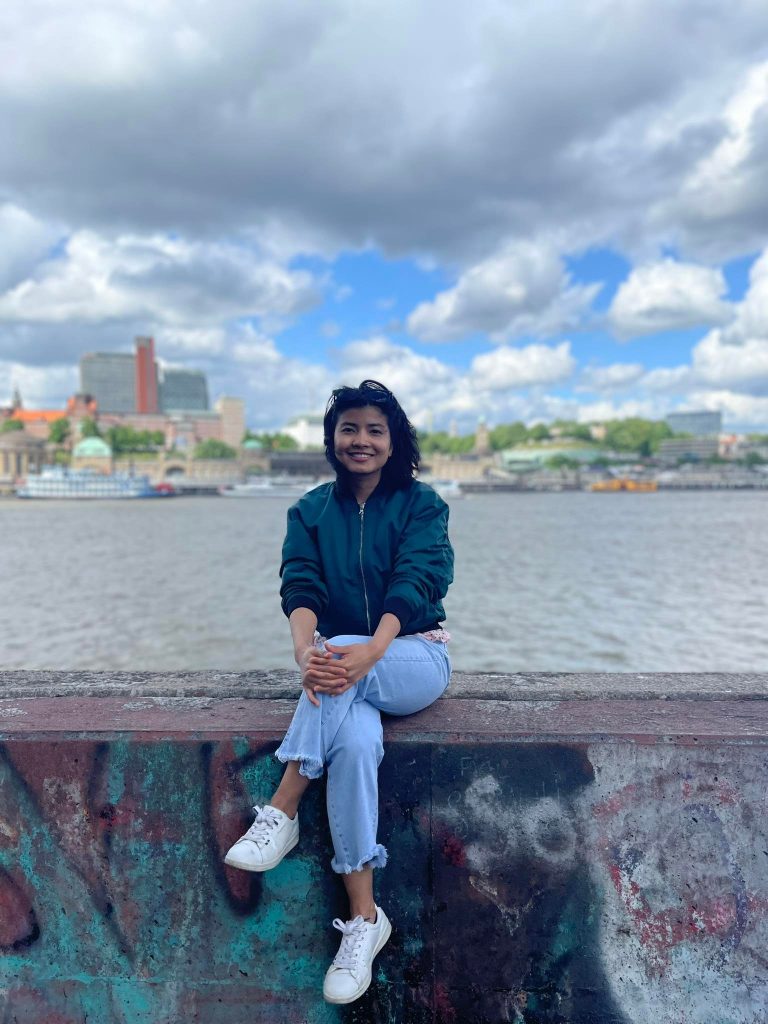
What Does It Mean to Be a Global Citizen?
Hi everyone! Happy New Year! How did you spend your holidays? Did you travel somewhere? Went shopping? Ate good food? Or slept a lot (if you are like me)? No matter what you did, I hope you had a good rest and gained energy for the New Year.
I am Kyay from Myanmar. I am currently studying in Europe for my master’s degree in Education and Development. I studied and worked in Japan for almost 9 years before coming to Europe. Over the years, I took part in many cultural exchanges and peace study programs. I also travelled a lot, meeting and working with people from all over the world. From these experiences, I learned a very interesting word. I’ve been thinking about this word for a while now. I want to share it with you in this article.
Have you heard of the word “global citizen” or グローバルシティズン? Some of you might have learned about it at school or university or summer camp. Some of you might have read it somewhere or seen it on TV. For some of you, it might be your first time seeing this word. What comes to mind when you hear this word? Before you read on, let me know what you think in this poll! You can check the results here afterwards.
What is a global citizen?
Here’s a simple answer to this question by Oxfam:
“A global citizen is someone who is aware of and understands the wider world – and their place in it. They are a citizen of the world. They take an active role in their community and work with others to make our planet more peaceful, sustainable and fairer.”
(Oxfam, n.d.)
For many of us, we become citizens of our countries by birth. For example, you may be a Japanese citizen because your parents are Japanese, and you are born in Japan. Then do we become a global citizen just by being born into this world?
According to Oxfam’s definition, becoming a global citizen is not automatic. It requires some effort to learn about the wider world and take action for positive change. A global citizen needs to have knowledge, skills and values.
You might be wondering, “What kind of knowledge, skills and values?” I will share some examples based on my experiences.
My (ongoing) journey to become a global citizen
I was born and raised in Myanmar under military rule. At school, we mostly learned about our own country and there were very few opportunities to learn about other countries and cultures. But I was lucky because I had access to education and good libraries. Reading books from around the world sparked my curiosity to explore what is out there beyond my small world. It motivated me to go out of my comfort zone and study abroad.
Studying abroad in Japan and Europe, I got to meet people from so many different countries. I was amazed to discover so much diversity in lifestyles, values and backgrounds! Sometimes, these differences made me confused and uncomfortable. But they broadened my worldview and helped me grow as a more empathetic person. Despite these differences, I learned that we share many similarities in our struggles, hopes and dreams as human beings.
Based on these values of curiosity and empathy, I tried to understand more about other countries and cultures. I learned about world issues and how our lives are connected. This knowledge makes me more aware of my own actions and how they can have far-reaching impact in different parts of the world.
And of course, to play an active role as global citizen, knowledge alone is not enough. You also need skills to take action. For example, my communication skills allow me to work with people from different backgrounds on various projects. Currently, I am working with colleagues from Asia, Europe and Latin America for an international organization. I enjoy sharing my experiences and ideas, while learning from others. It allows us to come up with creative solutions for difficult challenges. Being a skilled communicator is not only about being fluent in a language or knowing many languages. It also means having an open mind towards different perspectives, being able to adapt your communication style and interacting with others based on respect and empathy.
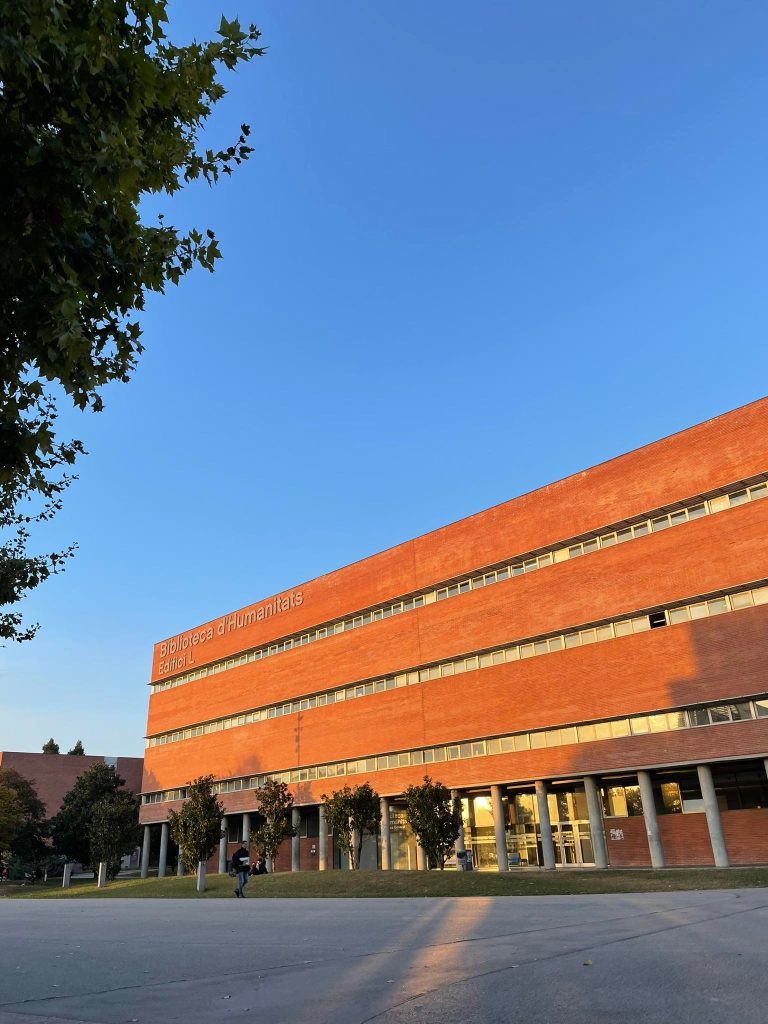
Library at Autonomous University of Barcelona (UAB), Spain – where I spent the first semester of my master’s program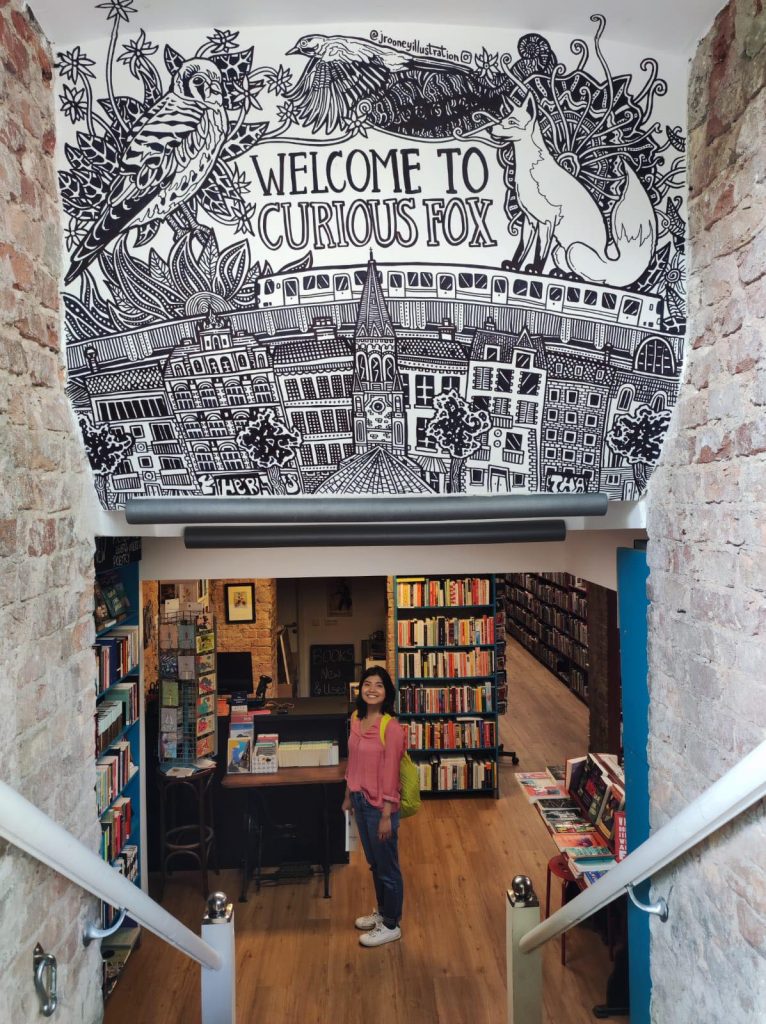
I spent my second semester in Germany. This photo was taken at a bookstore in Berlin.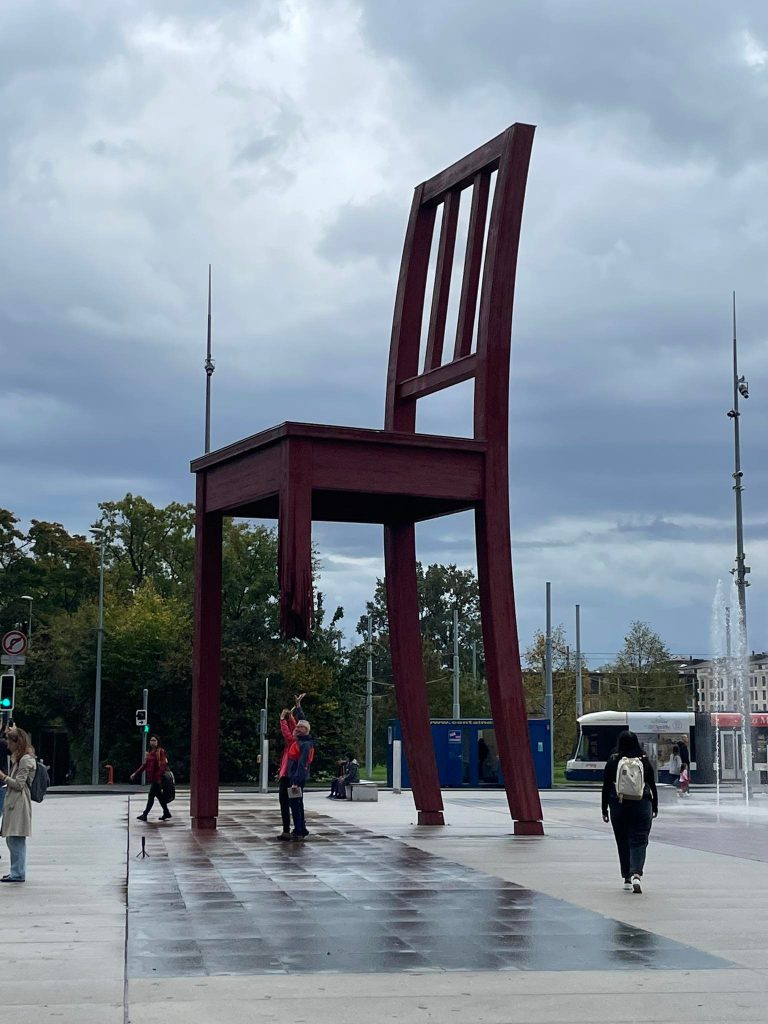
The Broken Chair Monument in front of the United Nations Office in Geneva, close to where I did my internship.
Is it important to learn about global citizenship?
In today’s globalized world, we are facing many serious global challenges like pandemics and climate change that require us to work together. Our lives are more connected than ever, with our local actions having global consequences. I think it’s important for us to be aware of these connections and live responsibly.
I am interested in the topic of global citizenship because of its potential to bring people together, promote peace and sustainable development. That is why I want to keep learning and reflecting on what being a global citizen mean.
What about you? Do you see yourself as a global citizen? Do you think it’s important to learn about global citizenship? Why or why not? I would love to hear your thoughts! 😊
Reference
Oxfam. (n.d.) What is global citizenship? Retrieved from https://www.oxfam.org.uk/education/who-we-are/what-is-global-citizenship/
この記事のまとめ
私は軍政下のミャンマーで生まれ育ちました。学校では主に自国のことを学び、他の国について学ぶ機会はほとんどありませんでした。しかし、私は図書館で世界に関する本を読み、自分の小さな世界の向こうにあるものを探求したいという気持ちになり日本とヨーロッパに留学しました。いろいろな国の人と知り合い、ライフスタイル、価値観、育ちの多様性にびっくりしましたが、私の世界観は広がり、より共感力の高い人間に成長しています。
多様な価値観の中でも人間が苦心していることいること、望んでいることや目指したいことは似通っています。私は他の国や文化をさらに理解し、世界の問題と身近な自分たちの生活や生き方がとてもつながっているとわかりました。自分のとる行動が世界のさまざまな地域にどのように影響を与えるのかより意識するようになりました。それが「地球市民」として生きるという考え方ではないでしょうか。
「地球市民」として生きるには、知識だけでは不十分で行動することが必要です。私の行動→英語でコミュニケーションをとり、さまざまなプロジェクトでさまざまな国や背景を持つ人々と仕事をすることができます。現在、私はアジア、ヨーロッパ、ラテンアメリカの同僚と国際機関で働いて他の人から学びながら、自分の意見を出して困難な問題の解決策を創ることができます。コミュニケーション力を上げるには、共通言語の習得は大事ですが、加えて、さまざまな視点からのアイディアに心を開き、敬意をもって相手の意見を聞き、共感しながら他者と交流していく力が必要です。
今日のグローバル化した世界では、パンデミックや気候変動など、世界で協力しなければならない多くの深刻な問題があります。私たちの生活はかつてないほどつながっていて、私たちの住んでいる地域でのローカルな行動がグローバルな影響をもたらします。そうつながっていると意識して、責任を持って生きていくことが大切だと思います。
私は、人々を結びつけ、平和で持続可能に発展する社会を実現するために「地球市民とは何か」を学び考え続けます。あなたはどうでしょう?自分は「地球市民」だと思いますか?グローバルシチズンシップについて学ぶことは大切だと思いますか?ぜひあなたの意見を聞かせてください!
New words List
cultural exchanges…文化交流
According to…~によると
military rule …軍事政権化
curiosity …好奇心
beyond…~をこえて
motivated …意欲がわく
comfort zone…気楽な場所
broadened worldview…世界に向けての視野をひろげ
empathetic person…共感できる人
human beings…人間、人類
far-reaching…とてつもない
globalized world…グローバルな社会
potential…可能性
sustainable development…持続可能な進歩発展
この記事の感想を、ぜひ教えてね!
この記事が気に入ったら、ハートのボタンを押してね!
バックナンバー
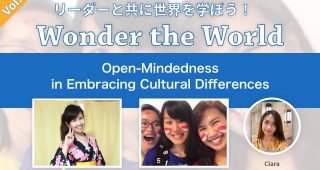
Wonder the World Vol.12: “Open-Mindedness in Embracing Cultural Differences”(あなたはオープンマインドな人?)
クララ (ミャンマー出身) 19歳からシンガポールに留学を始め、日本で大学、大学院を卒業。2023年よりKUMONイングリッシュイマージョンアクテビティ(KEIA)にリーダーとして参加して...

Wonder the World Vol.25: “From Survival to Passion: My Journey with Cooking”(生きるための料理から、情熱へ:私の料理の旅)
ジェリー (ミャンマー出身)こんにちは、皆さん!ミャンマー出身のジェリーと申します。現在は日本で学生として暮らしています。今日は、私の新しい趣味である「料理」について、そしてそれがどのよう...
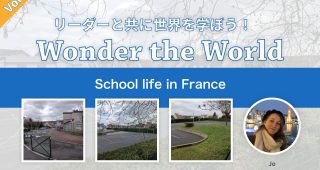
Wonder the World Vol.7: “School life in France” (フランスの小学校生活)
ジョネル(フランス出身)2021年よりイングリッシュイマージョンアワー(EIH)のグループリーダーの経験し、2022年に公文教育研究会に入社。グローバルネットワークチームで公文のイングリッ...


